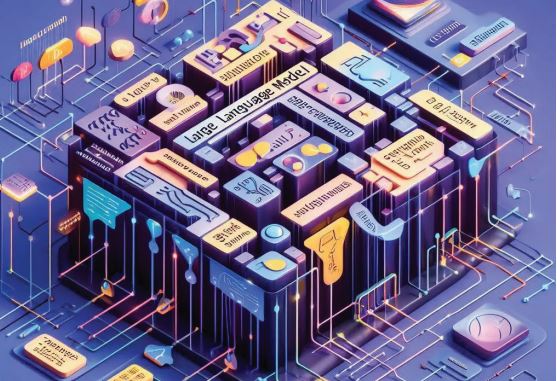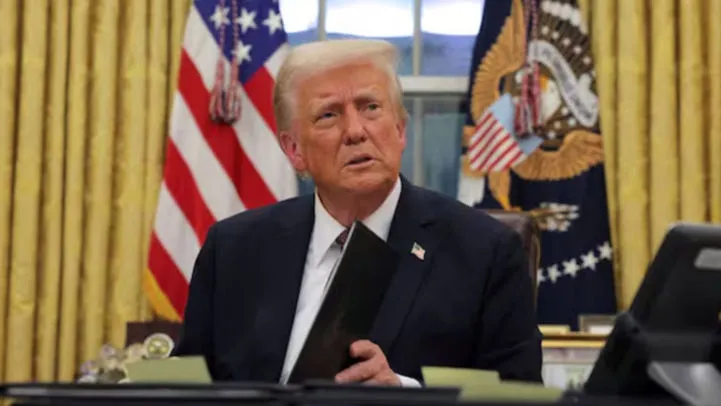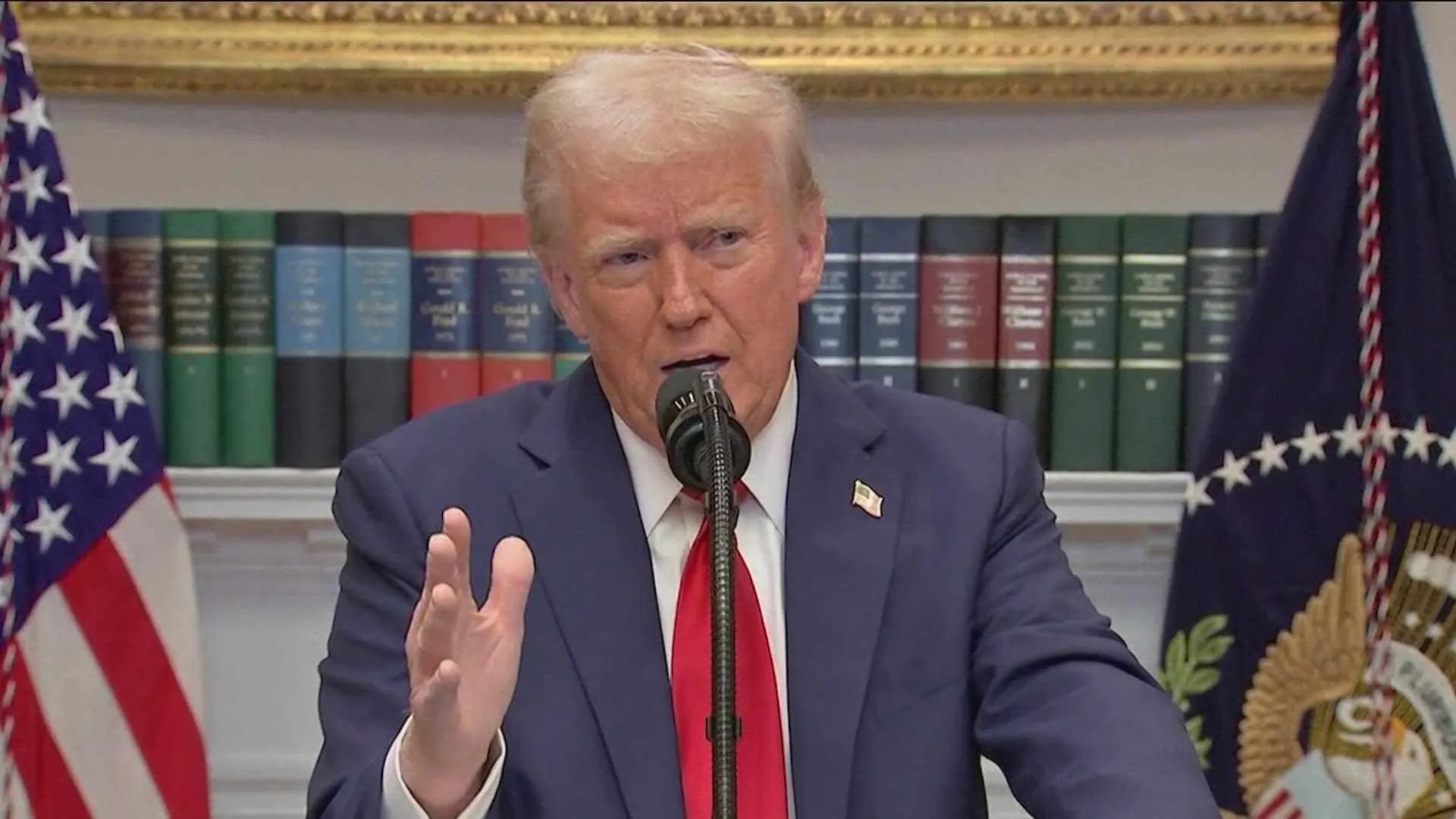Addressing the FICCI conference, Bhashantara, Secretary MEITY, Mr S Krishnan, underlined that the inclusion of Indian language content in large language models will help improve these models. Also, he emphasised the necessity of developing foundational models relevant to India’s diverse linguistic landscape, which could then be adopted on a vast, continental scale. “India has the opportunity to present this to the rest of the world as an alternative; it is an opportunity really to demonstrate leadership across the world,” Mr Krishnan asserted. Secretary Krishnan advocated for increased use of local languages to ensure wider participation and deeper engagement in various societal domains. He alluded to the Government of India’s approach, noting, “The one thing that we try to do certainly is to use the language of the people and use it in a way, which is simplified, and in a way that everybody can understand.” On occasion, Dr Ajay Data, Chairman of the FICCI Task Force on Multilingual Internet and Universal Acceptance and CEO of Data Xgen Technologies, highlighted the critical need for a multilingual internet in India’s diverse linguistic landscape. He pointed out the staggering linguistic diversity in India, stating, “In this diverse country of 22 official languages and over 1600 dialects, the significance of a multilingual internet cannot be overstated.” With India boasting 895 million internet subscribers, he emphasised the need for these users to not only consume content but also to create it in their languages. “The real use of the internet lies in enabling people to read and write in their language,” he said. India, being the second largest online market globally, faces the challenge of harnessing the internet’s potential as a unifying force. “Linguistic diversity must be embraced to truly realise the internet’s unifying potential,” Dr. Data asserted. He highlighted that 75 per cent of India’s population prefers content in their local or regional language, underscoring the demand for a multilingual internet infrastructure. Mr Bikram Bedi, Vice President & Country Managing Director, Google Cloud, unveiled the transformative impact of Google’s initiatives in promoting language diversity in digital content. He alluded to the GNI Indian Languages Program, stating “This six-month program, running from June to December 2023, supported over 300 news publishers across India in nine languages.” The program included workshops, technical support, and development assistance for mobile sites and apps. The results, as Bedi shared, were substantial. “PageSpeed increased dramatically from under 10 per cent to 80 per cent, and there was a 100 per cent setup of GA4. News distribution on Google News reached 82per cent, and native app adoption soared to 70 per cent,” he noted. The program led to an over 30 per cent increase in active users for the participating publishers. Prof. Rajat Moona, Director, Indian Institute of Technology, Gandhinagar, said “I think in time to come AI is going to take a major lead in a variety of things, whether it is our healthcare sector, industry, or education. But I think the biggest achievement that AI is going to bring in is connectivity for people, where people can talk and listen in various languages.”
Mr Shailesh Pathak, Secretary General, FICCI, said, “FICCI will work towards even better synergy between government, industry, academia, and research, as demonstrated. This will be our focus in every single business area.























